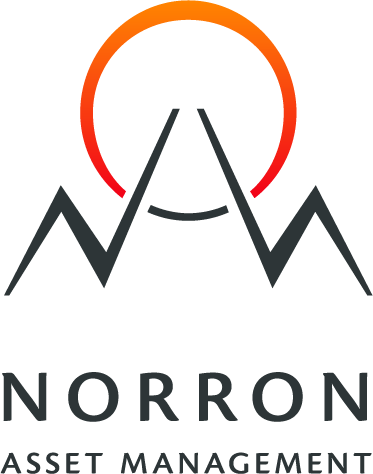In the world’s capital markets, an exceptional situation has arisen because of events no one could predict. These events are mainly:
- The spread of the Corona virus, and the necessary measures taken by states and authorities to limit further spreading.
- The decision to end the cooperation within OPEC plus, the group of oil-producing countries that worked together to reduce major oil price fluctuations.
Before the market players realized the potential damage these two events could potentially bring to the real economy and economic growth in the short- and medium-term, we came from a situation that rewarded risk-taking, partly caused by the negative interest rates that prevail, in principle, on a global basis. This has brought up the prices of, among other things, shares at valuation levels above the long-term average.
At Norron, we use portfolio protection in our absolute return funds with the purpose of adding a positive contribution to the return in events such as the one we are currently witnessing. In situations where conditions change from what has been considered normal to something completely different, which could potentially be more negative, it is easy for players who carry too much risk, or alternatively, do not use portfolio protection for negative scenarios, to have to act irrationally, simply because they have to. This action can lead to potential fund fluctuations, which are not in line with the risk we take.
In our more conventional management of equities, we naturally try to adapt our measures to identify the companies that we believe are sold down more than we think is justified given the new conditions that have arisen. Temporarily, can also the cash liquidity increase in order to have a greater scope for action, if the correction becomes long-lasting.
In recent years, fixed income funds have focused their holdings on more liquid issuers, with higher credit ratings. Here, too, one must be aware that fund movements are likely to deviate from what is considered normal, since the events that affect the stock exchanges naturally also have consequences for the fixed income markets. The way of working in times like these, becomes more process-based than before, and of necessity, more short-term. Instead of the standard long-term approach, we have to focus on the short-term risks that lie closest to us. Here we have both our experience and established systems to base our decisions on. The conditions change, not just from one week to another, but often from one day to the next and even throughout the actual trading day.
At this stage, it is therefore less relevant to devote time to scenario theories as to what could happen, but more important to ascertain what is actually happening and how to handle this in the best possible way – here and now. Financial markets function so that the price corrects itself much quicker on the downside than what they tend to do when the reasons for the correction occurs fully are priced, and a new phase of ascent begins.
It is not in anyone’s interest that the uncertainty that governs the actions of individuals and companies remain unaddressed. Politicians, international bodies and central banks are likely to present action programs aimed at mitigating the consequences of what has arisen, and to support a recovery. This should, and may very well, happen in the near future. When these are presented, we will have to decide whether we think the measures are adequate. However, one must be honest and factual, the chances of that they are, are less now than they have been at other stages of the economic cycles in recent years.
Sincerely,
Norron’s Investment Team



 For swiss investors press here
For swiss investors press here